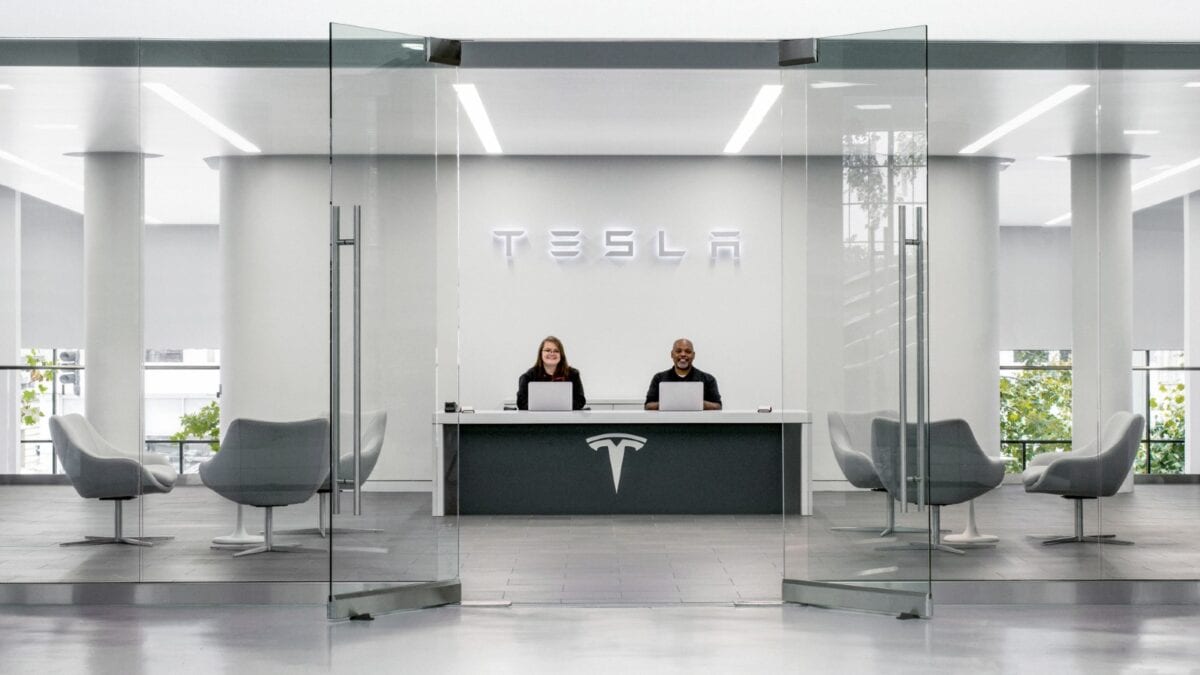Unlock the Editor’s Digest for free
Roula Khalaf, Editor of the FT, selects her favourite stories in this weekly newsletter.
UK households will be stung by an annual £800 rise in taxes after the election based on decisions taken by the last parliament that neither Labour nor the Conservatives have said they will reverse, according to a leading think-tank.
The Resolution Foundation on Saturday said that while the two main parties were arguing over potential tax increases after the election on July 4, there were “far bigger tax rises . . . hiding in plain sight” that amounted to £23bn.
The think-tank said the biggest single tax rise coming in the next parliament was the continuation of the six-year freeze to income tax and employee National Insurance thresholds, which will raise £9bn a year by 2028-29. A freeze on employer National Insurance thresholds will generate a further £2bn.
With temporary cuts to business rates, fuel duty and stamp duty land tax due to end in spring 2025, planned tax rises would raise the equivalent of about £800 a year for every household in Britain, Resolution said in a report.
Adam Corlett, principal economist at the think-tank, said politicians “should level with the public, and admit that taxes are already set to rise whoever wins the election, even if it’s less entertaining than the usual election fodder of secret bombshells and debatable dossiers”.
Tax has been at the centre of the general election campaign, with Prime Minister Rishi Sunak claiming in the first televised debate this week that Labour would put up household taxes by £2,000 if it won power.
Sunak said during the debate on ITV that the figure was based on independent analysis by Treasury civil servants, but Labour leader Sir Keir Starmer dismissed it as “nonsense” and “absolute garbage”.
Later it emerged that James Bowler, the finance ministry’s permanent secretary, had poured cold water on Sunak’s claim, telling Labour in a letter that the figure included “costs beyond those provided by the civil service and published online by HM Treasury”.
Neither main party has yet published its election manifesto, but Starmer and senior Labour figures on Friday signed off the party’s document, including a commitment not to raise four key taxes: income tax, national insurance, value added tax or corporation tax.
Labour has set out a limited range of tax rises, including imposing VAT on private school fees.
The Conservative party has proposed a £2bn tax cut for pensioners and child benefit reforms that would have tax implications for higher earners.
Both parties have promised to address tax avoidance, but Corlett said they “remain silent” on already planned post-election tax rises.
The report by the Resolution Foundation pointed to the record for tax rises to come after elections. It noted that following the past eight national votes, the first two fiscal events of each parliament had introduced new policies that raised taxes by an average of £21bn a year.
Credit: Source link














